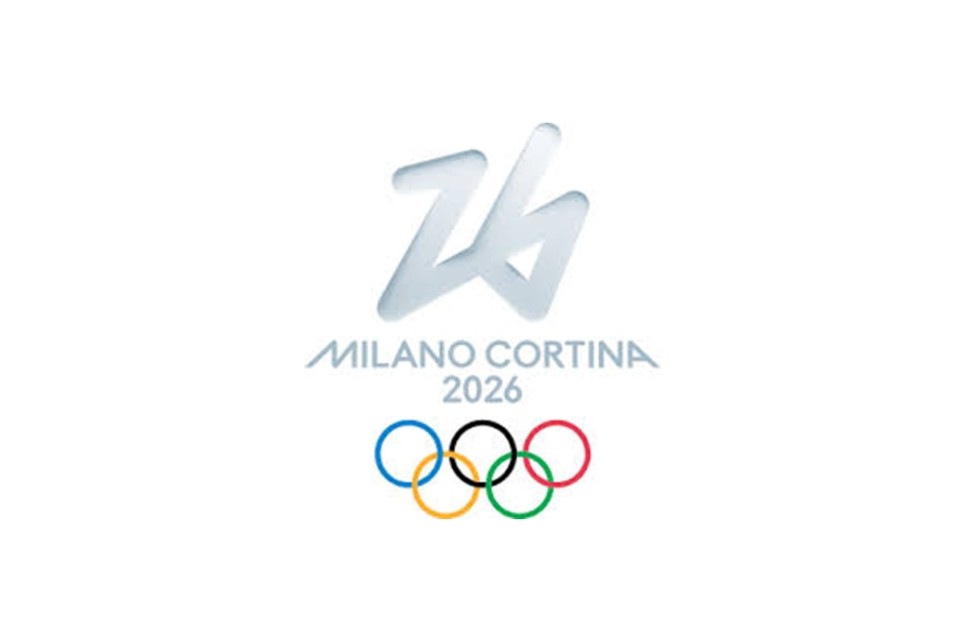Thu, August 21, 2025
ITIA v Teso

A decision in the case of International Tennis Integrity Agency (ITIA) against Kaili Demi Teso has been issued by the Independent Panel.
On 10 October 2024, during the International Tennis Federation (ITF) Women’s World Tennis Tour W15 event held in Mysuru, India (the Event), Ms Teso, a Japanese professional tennis player, provided an In-Competition urine Sample that resulted in an Adverse Analytical Finding. On 6 December 2024, the ITIA notified Ms Teso that she may have committed an Anti- Doping Rule Violations (ADVRs) for the presence of Methylephedrine in her A Sample. Methylephedrine is a stimulant which is listed in S6.B of the 2024 World Anti-Doping Agency (WADA) Prohibited List. It is a Specified Substance and is prohibited In-Competition only. Ms Teso (the ‘Player’) requested that the B Sample be analysed.
On 19 December 2024, the ITIA informed the Player that the analysis of the B Sample, conducted on 11 December 2024, confirmed the finding reported for the A Sample that Methylephedrine was present in the Player’s urine Sample.
On 22 January 2025, the ITIA charged Ms Teso with the commission of an ADRV on the basis that Methylephedrine, a Prohibited Substance, was present in her Sample. The Player admitted the Charge but disputed the default Consequences, as set out in the Tennis Anti- Doping Programme (TADP). The Player stressed that her degree of Fault was minimal. It was submitted that she should instead be issued with a written warning and mandated to undergo a refresher anti-doping training.
The hearing took place on 16 June 2025. The Independent Tribunal appointed to hear and determine this matter was comprised of Ms Grace Cheng (Chair), Prof Isla Mackenzie, and Ms Helle Qvortrup.
At the hearing, the Player alleged that the ADRV had been committed neither intentionally nor with Significant Fault or Negligence. The Player contended that the Prohibited Substance had been found in a medicine she used to soothe the symptoms of a cough, in a context that was unrelated to sport performance and not meant to gain any competitive advantage. The Player took the medicine, which contained Methylephedrine, following her mother’s reassurance that the medicine was safe to use in compliance with WADA regulations. The Player’s mother had purchased the medicine from a reputable pharmacist in Japan, following his affirmations that the medicine was safe to use and compliant with WADA regulations. The Player is unable to read Japanese and was therefore unable to verify the list of ingredients of the medicine. The Player further argued that she was only eighteen (18) years old when the incident happened and participated in the competition without her parents or adult supervision and/or assistance. Consequently, the Player proposed that the sanction should be no more than a reprimand, or, at most, a period of three (3) months’ Ineligibility.
As the Player admitted liability to the Charge, the only issue to be determined by the Independent Tribunal was in relation to that of sanction. The Independent Tribunal was satisfied, on a balance of probabilities that the matter fell within the category of ‘normal degree of Fault’. The Independent Tribunal considered that the use of the medicine, containing the Prohibited Substance, could have been prevented had the Player taken all reasonable steps including further precautions to ensure that she was compliant with the TADP. It was further argued that although she does not read Japanese, the Player frequently travels abroad for tennis tournaments and could have sought advice from electronic translation applications to reassure herself that the medicine did not contain any Prohibited Substances.
The Independent Tribunal accepted that there were mitigating factors in this matter due to the Player’s age and lack of experience at top level women’s professional competitions. The Independent Tribunal confirmed that the circumstances were unfortunate, in that the Player relied heavily on her mother, who speaks and reads Japanese, who had in turn relied on what she believed to be the trusted advice of a reputable Japanese pharmacist.
The Independent Tribunal thereby determined that a period of Ineligibility of ten (10) months should be imposed. The period of Ineligibility commenced on the date of the decision, 7 August 2025. In addition, the Player’s results achieved in the Event shall be Disqualified, with all resulting Consequences, including forfeiture of all medals, titles, ranking points and Prize Money from the Event.
Sport Resolutions is the independent Secretariat to the International Tennis Integrity Agency Independent Panel.
A copy of the full decision can be accessed via the related links tab on the right-hand side.
Related Documents
- ITIA v TesoDecision



